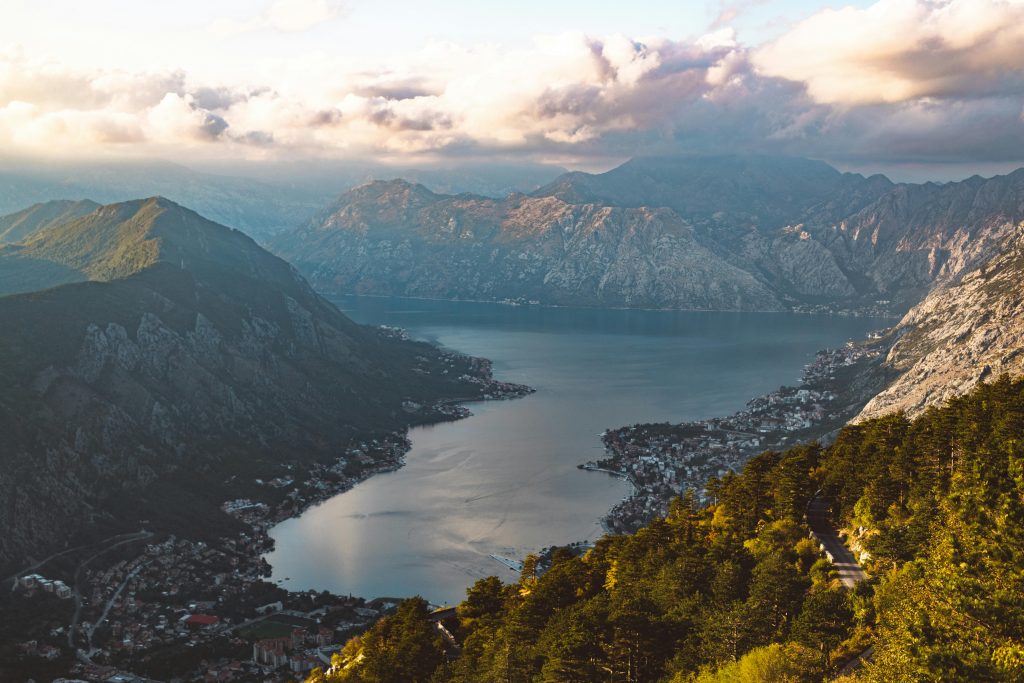
NEWS


NEWS
Published
This month’s blog post comes from Dr Milana Čergić (Postdoctoral Researcher at the University of Mainz) who discusses findings from her recent ethnographic fieldwork in Montenegro. Her findings reveal the various ways interpersonal networks play a role in enabling and sustaining humanitarian efforts.

Montenegro, a small country with only 600,000 inhabitants, is rich not only in its diverse natural landscapes but also in its prosocial initiatives. In the realm of prosocial giving, personal ties, places of origin, and local embeddedness are essential – both for those who donate and for those who organize humanitarian actions (humanitarne akcije). Everyone seems to know each other, at least by name, and in some cases, different individuals and groups join forces to carry out joint humanitarian efforts. In this blog entry, I describe various levels on which these interconnections become visible.
One of the ways the interconnectedness among actors in philanthropy became evident was during conversations with Maja Boljević, director of our partner organization, the Fund for Active Citizenship (fAKT – Fond za aktivno građanstvo). She shared with me her broad knowledge of the philanthropic landscape and knew almost all actors personally. Her foundation has been organizing the Spark (Iskra) Prize since 2009 to promote philanthropy. The prize is awarded to organizations, initiatives, or individuals who are especially active in philanthropic work, and it is supported by the EU, the Rockefeller Foundation, and several other philanthropic institutions. Some of our interlocutors described the Spark Prize as a symbol of appreciation for their work.
Marisa, a volunteer with the organization Volunteers of Montenegro (Volonteri Crne Gore), and an important link between the foundation and the Roma and Balkan Egyptian communities, described how proud she and her sister felt after receiving the prize, saying they “could not believe it.” Another recipient of the Iskra Prize is Vlado Otašević, producer of the humanitarian TV show Daily Wage (Dnevnica). He also expressed pride in being recognized for his work. The Spark Prize not only brings together a wide range of philanthropic actors but also symbolizes collective recognition and legitimacy within the field of humanitarian engagement.
Sometimes, two different humanitarian actions merge or support each other, and this often happens among actors based in the same city. For example, the production company Factory of Ideas (Fabrika ideja), which received the Iskra Prize for the TV show Daily Wage, recently created a new humanitarian quiz show and donated all its winnings to Budi Human, the largest online platform in Montenegro that raises funds for children who need medical treatment abroad. When I asked Otašević how the idea came about, he explained:
“We considered the Budi Human Foundation as an organization that has proven itself countless times as one that significantly helps people. And given that I know the people who run the foundation, and I know that their intentions are clear and good, we decided to donate all the funds we secured during the first season of the quiz show to them.”
This example illustrates very well how personal connections to the foundation are both a reason for and a validation of Budi Human’s legitimacy.
Sometimes, however, interconnectedness is created externally but grows into something organic. This is the case with the TV show Daily Wage, whose producer received the Spark Prize. In each episode, regionally known public figures visit a family in need in a Montenegrin village or town they have personal ties to – either because they grew up there or have some other connection. To earn a “daily wage,” the guest visits three local companies, does some work (although often the focus is on light-hearted interaction with the workers), and receives a symbolic sum of money. The company’s employees and management also contribute additional funds. Over the course of the day, other forms of offline crowdfunding occur, with money collected from various sources. At the end of the day, the guest returns to the family and donates the entire amount. Although these forms of support are orchestrated for television, they sometimes lead to more lasting networks of solidarity whereby families in need may find employment or receive other forms of support from community members.
The groups we researched illustrate the many ways prosocial giving is organized and highlight the essential role of personal connections in sustaining its momentum as well as creating future initiatives.